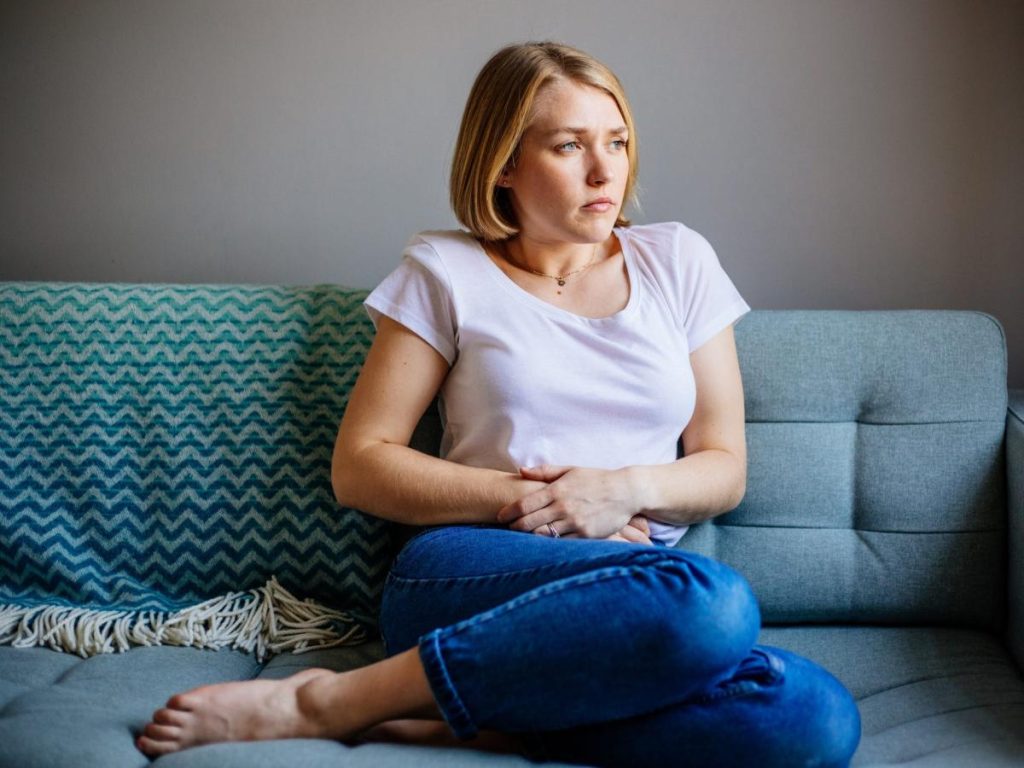Daniell Koepke, a college student, suffered from debilitating gut symptoms, including indigestion, severe constipation, and stabbing pains from trapped gas for five years without relief from doctors. She decided to try a DIY poop transplant treatment, where healthy donor feces are introduced into the gut to repopulate it with beneficial microbes. She used her brother and boyfriend as donors, which initially improved her gut symptoms. However, she also experienced acne like her brother and depression like her boyfriend. Fecal microbiota transplants (FMTs) are only FDA-approved for C diff. infections, but research is exploring their potential for treating various conditions, including depression.
In the documentary “Designer $hit,” a man with Crohn’s disease used his mother as a donor for DIY fecal transplants, which improved his gut symptoms but led to menopause-like symptoms such as sweating, hot flashes, and mood swings. Thomas Borody, a digestive disease expert, suggested the possibility that the man absorbed hormones from his mother’s feces, but this has not been proven. These instances highlight the potential risks and side effects of DIY poop transplants and the importance of caution when attempting such treatments at home.
Koepke’s gut symptoms worsened as she eliminated more foods from her diet that exacerbated her symptoms, following a high-sugar, low-fiber diet. She took antibiotics regularly, which studies have shown can harm beneficial gut bacteria. Due to her restricted diet, she developed sensitivities to most foods and lost weight. Dietary fiber is crucial for gut health as it feeds beneficial microbes, but reintroducing foods can trigger discomfort. Koepke struggles to follow a diverse plant-based diet to repopulate her gut with healthy bacteria due to her limited tolerance for nutritious foods.
Fecal microbiota transplants involve blending a healthy donor’s feces with saline solution and introducing it into the recipient’s gastrointestinal tract. Experts caution against DIY poop transplants due to the risk of transferring harmful microbes and contracting diseases. Clinical FMTs involve screening stool samples to detect potential pathogens, ensuring safety and efficacy. Research on the long-term benefits and broader application of FMTs is ongoing, with evidence suggesting potential benefits but scientific developments still in progress.
After switching donors from her brother to her boyfriend for fecal transplants, Koepke experienced acne due to hormonal shifts caused by the transferred bacteria. Subsequently, she developed symptoms of depression, similar to those experienced by her boyfriend. Transitioning back to her brother’s stool samples relieved her depression symptoms, highlighting the potential influence of gut bacteria on mental health. Research suggests that individuals with depression may lack specific bacteria in their gut, affecting their overall well-being and mental health.
Koepke’s journey with DIY fecal transplants underscores the complexities and potential risks involved in experimental gut treatments. While FMTs show promise in alleviating gut symptoms, side effects such as acne and depression demonstrate the intricate relationship between gut health and overall well-being. Further research is needed to understand the long-term effects and implications of fecal microbiota transplants, emphasizing the importance of caution and medical supervision when exploring innovative gut health therapies.


